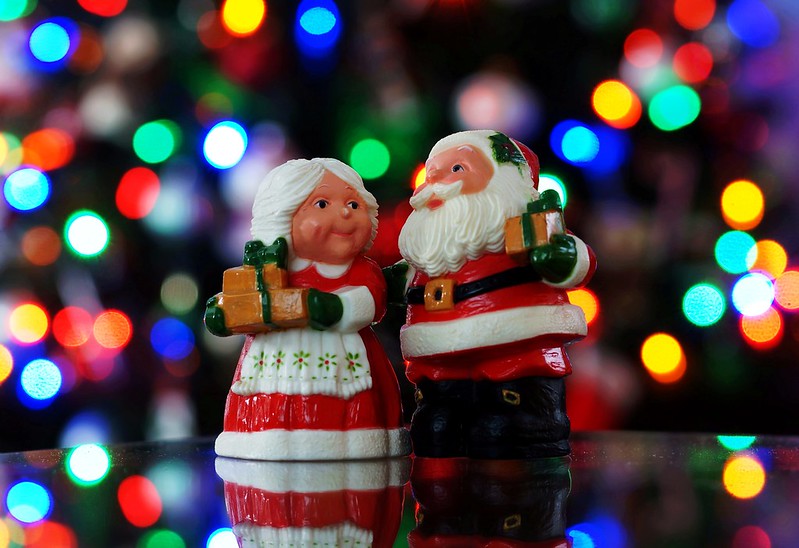Immigration
How Canadians are celebrating the holiday season

Christmas day is today, and you will probably find Canadians sipping hot cocoa while opening presents around a decorated Christmas tree.
We know this, because these are the things that Canadians collectively spend millions and billions of dollars on around the holiday season, according to Statistics Canada.
This Christmas is not quite back to normal, as the Omicron variant has driven up cases and COVID fears in Canada. That being said, a recent Angus Reid poll suggests that Canadians will be doing more of the normal Christmas-time activities compared to last year.
Christmas originates in Christianity, but most Canadians celebrate it as a secular holiday. The common Christmas time traditions of gathering, eating food, and exchanging gifts are open to anyone from any faith.
Although about two thirds of Canadians fall under a Christian denomination, the second-most popular religion in Canada is no religion at all. About 24% of Canadians in the 2011 National Household Survey reported that they had no religious affiliation. Statistics Canada updates religion information every 10 years, so next year’s publication will have 2021 data.
In the 2011 survey, about 3% of the population identified as Muslim, nearly 2% were Hindu, slightly more than 1% were Sikh, and Buddhists and Jews each made up about 1%. Other religions made up less than a percent of the population.
Unlike some other countries like India, Malaysia, and Singapore, Canada does not have nationally-recognized holidays for its diverse population. Only Christian and secular holidays are included in Canada’s list of public holidays. Despite a lack of a day off, Canadians still celebrated holidays like Diwali, Gurpurab, Hannukah, Bodhi Day, and Yalda.
The most common greeting around Christmas time is “Merry Christmas” though many still mean it in a secular way. “Happy Holidays” is another common greeting that is meant to include the festivities of other faiths that take place from the later weeks of November through December.
The weeks leading up to Christmas are generally referred to as the “holiday season” or the “Christmas season.” Some Canadians think it is a faux pas to start putting up decorations before Remembrance Day on November 11, as this is seen as a memorial day to honour war veterans and soldiers who died in war.
During this holiday season, Canadians start preparing for Christmas day, which always falls on December 25. They buy gifts for their family, friends, and colleagues.
They decorate their houses, usually with holiday lights and a Christmas tree. Presents get wrapped in colourful paper and go under the tree. Smaller items get stuffed into stockings that are traditionally hung by the fire place—but these days they pretty much go wherever they look aesthetic. Christmas colours are usually red and green, but white, gold, and silver are also common.
Canadians usually have a Christmas dinner. Although this differs person-to-person, and family to family, the traditional Christmas dinner is turkey, mashed potatoes, gravy, and cranberry sauce. There is often sweets like ginger bread, candy cane, and chocolate.
In Quebec, French Canadians have a different traditional Christmas meal than English Canadians. For example, a meat pie called a Tourtière is more likely to be on a traditional Quebecker Christmas menu than a turkey.
Also, we have to mention Santa Claus. Every year, children write letters to Santa and ask for Christmas presents. Canada Post accepts the letters to Santa, who can be mailed at Santa Claus, North Pole, H0H 0H0, Canada.
The legend goes that Santa delivers presents on Christmas Eve. He travels around the world in a magic sleigh led by a team of reindeer. Then he lands on the rooftop and squeezes himself down the chimney to place the presents under the tree. Children will often leave out milk and cookies for him.
Then on Christmas morning, families open their presents— probably while sipping hot cocoa.
Discover if You’re Eligible for Canadian Immigration
© CIC News All Rights Reserved. Visit CanadaVisa.com to discover your Canadian immigration options.





















